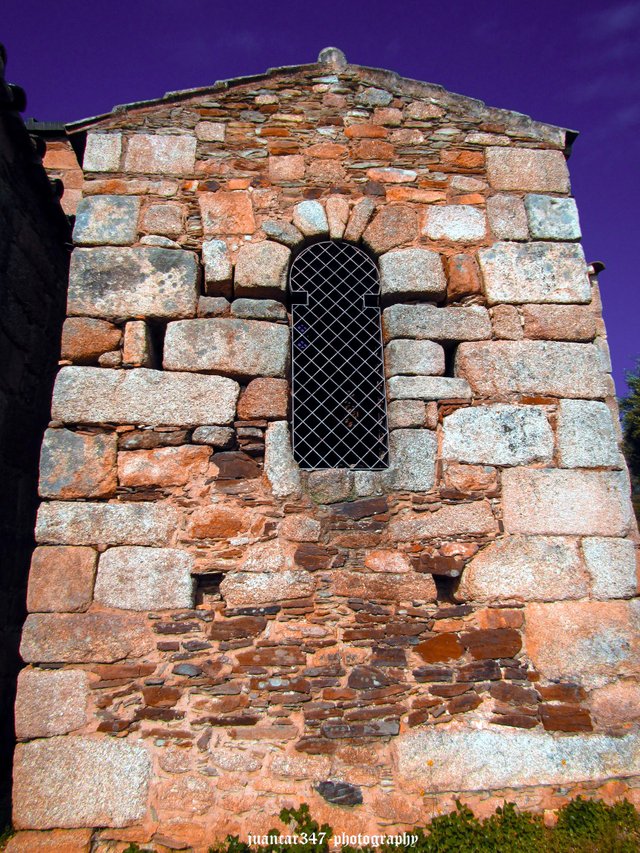[ENG-SPN] Historically legendary architectures / Arquitecturas históricamente legendarias
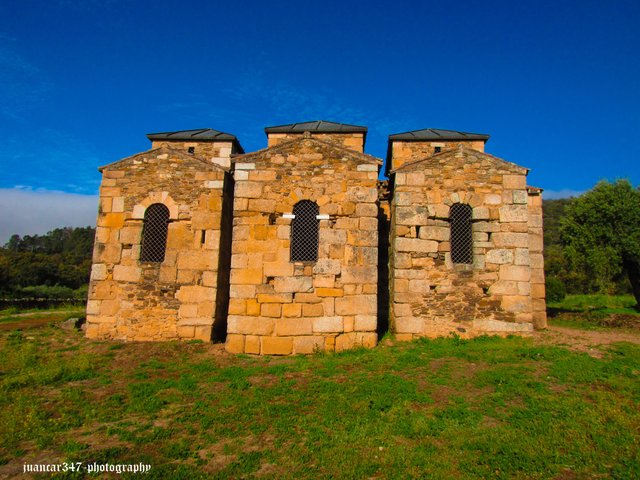
Taking advantage or rather, reusing the old Roman roads that connected those metaphorical hemispheres that in the times of Julius Caesar, divided the old Hispania, such as the Citerior and the Ulterior, still modern pilgrims who face the so-called Camino or Vía de la Plata, can be found with curious, although ruined architectures, that connect them, even if in a metaphorically romantic way, with the ancient basilicas of an empire, the Visigoth, which collapsed definitively in such an early century, such as the 7th, leaving behind distant traces that are irremediably lost in that dark no man's land that separates History from Legend.
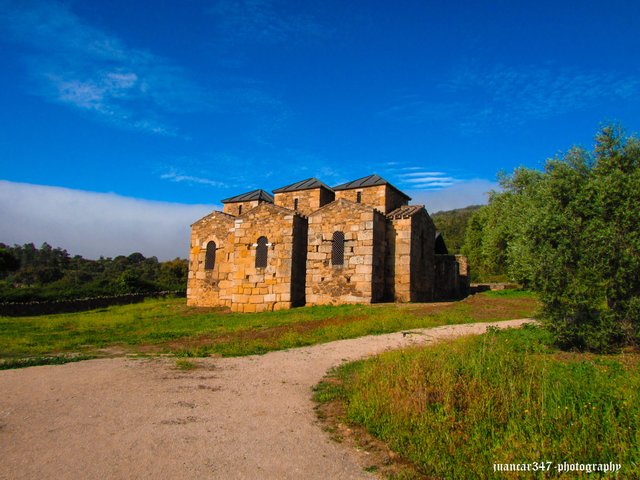
One of such constructions, which barely conserves its old and typical basilica plan due to having suffered, not only the irremediable attacks of time, but also the ungrateful neglect of some owners who used a large part of its original ashlar masonry to renovate houses. and the erection of fences for livestock, is this curious Visigothic church, which, in addition, dedicated to the figure of Saint Lucia, stands in the same place where, millennia before, the ancient Celtiberian tribes that inhabited the surroundings, built altars to dark deities of the Underworld, such as Ataecina, of which there are hardly any references left, but which point to those types of places, generally outdoors, that were also colonized by Christian evangelists, giving rise to all types of legends and traditions.
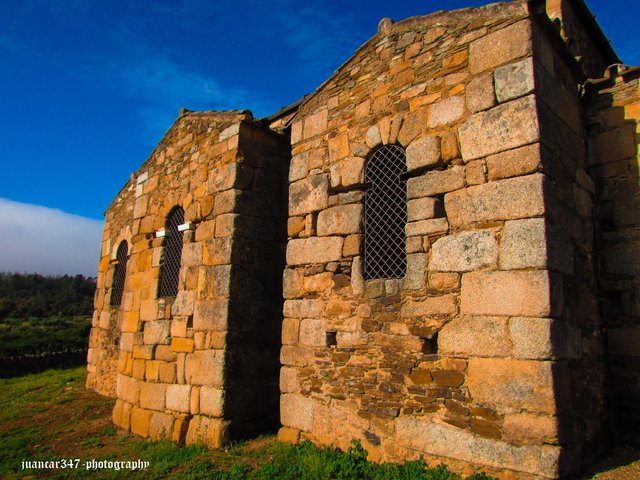
Aprovechando o mejor dicho, reaprovechando las viejas calzadas romanas que conectaban entre sí esos metafóricos hemisferios que en los tiempos de Julio César, dividían a la vieja Hispania, como son el Citerior y el Ulterior, todavía los peregrinos modernos que afrontan el denominado Camino o Vía de la Plata, pueden encontrarse con curiosas, aunque arruinadas arquitecturas, que les conectan, siquiera sea de una manera metafóricamente romántica, con las antiguas basílicas de un imperio, el visigodo, que colapsó definitivamente en un siglo tan temprano, como es el VII, dejando tras de sí lejanas huellas que se pierden, irremediablemente, en esa oscura tierra de nadie que separa la Historia de la Leyenda.
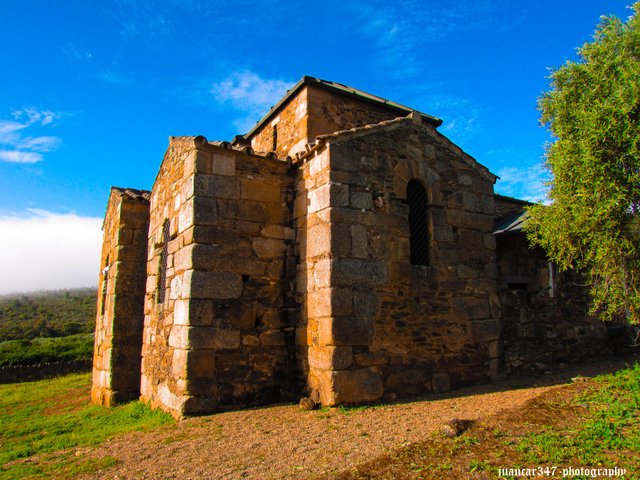
Una de tales construcciones, que apenas conserva ya su antigua y típica planta basilical por haber sufrido, no sólo los embates irremediables del tiempo, sino, también, la ingrata dejadez de unos propietarios que utilizaron gran parte de su sillería original para la reforma de casas y el levantamiento de cercados para el ganado, es esta curiosa iglesia visigótica, que, además, dedicada a la figura de Santa Lucía, se eleva en el mismo lugar donde, milenios antes, las antiguas tribus celtíberas que habitaban el entorno, levantaban altares a oscuras deidades del Inframundo, como Ataecina, de las cuales ya apenas quedan referencia, pero que señalan ese tipo de lugares, generalmente al aire libre, que fueron también colonizados por los evangelistas cristianos, dando origen a todo tipo de leyendas y tradiciones.
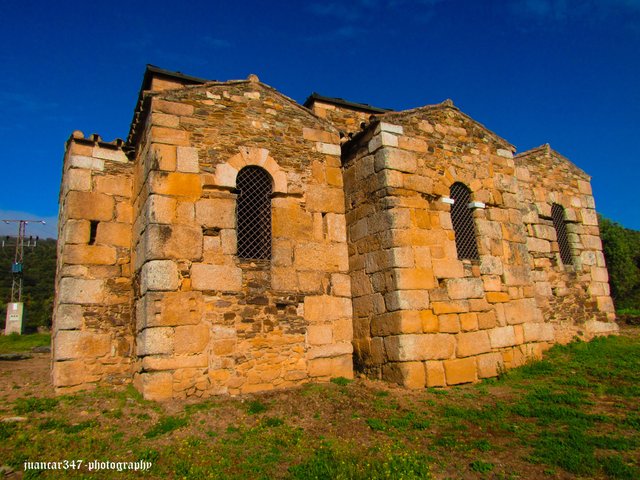
NOTICE: Both the text and the accompanying photographs are my exclusive intellectual property and are therefore subject to my Copyright.
AVISO: Tanto el texto, como las fotografías que lo acompañan, son de mi exclusiva propiedad intelectual y por lo tanto, están sujetos a mis Derechos de Autor.
